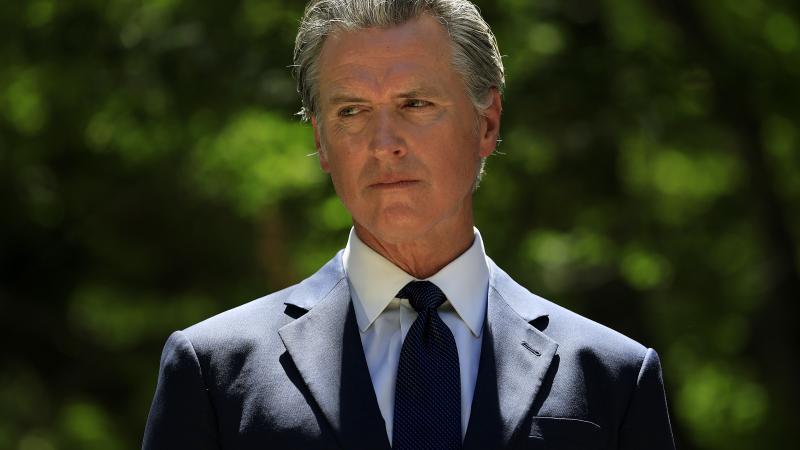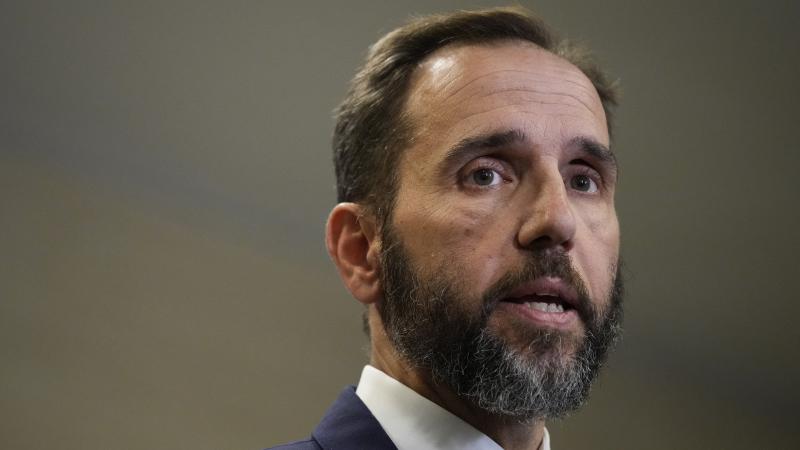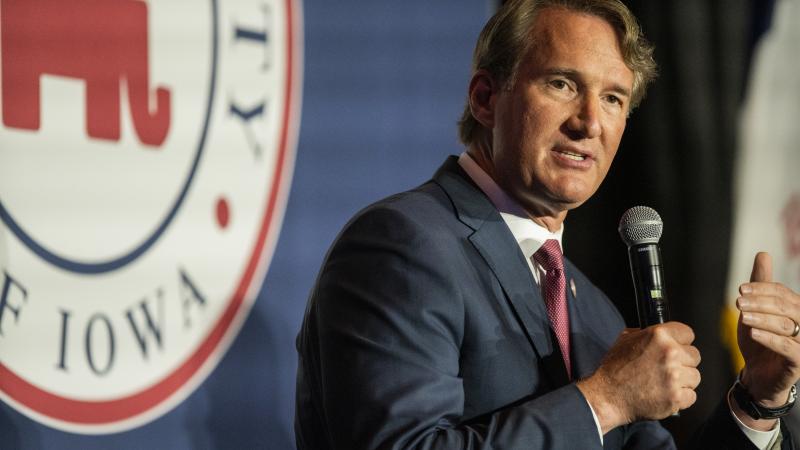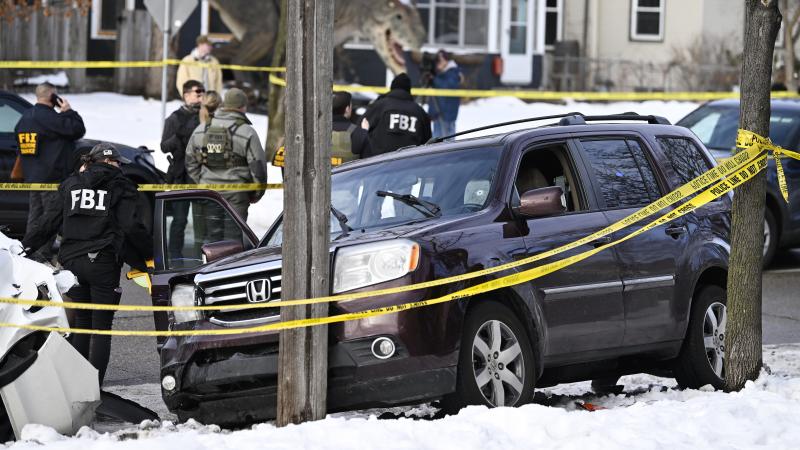Spokane approves police retirement incentives despite being 'woefully understaffed'
Any eligible officers who apply by Aug. 1 could receive up to $1,000 a month for the next eight years if they agree to retire by Sept. 1.
The Spokane City Council on Monday approved a proposal from Mayor Lisa Brown on Monday that incentivizes police officers to retire to save the city money amid its $50 million deficit.
Brown proposed the cost-saving measure just two weeks ago in an effort to close some of the structural gap. Under the approved version, officers at least 53 years old, with the combined age and service adding up to 70 years or more, are eligible to receive the benefits.
Any eligible officers who apply by Aug. 1 could receive up to $1,000 a month for the next eight years if they agree to retire by Sept. 1. However, if they apply by Sept. 31, they could still receive $800 a month for that same period, assuming they retire by Dec. 1.
“I don’t think there’s any intention to have a permanent reduction in force,” said Matt Boston, Spokane’s chief financial officer. “There’s no discussions that we’re having internally that those positions are going off the books permanently.”
The city council’s approval entered Spokane into a Memorandum of Understanding with the Police Guild and the Police Lieutenants & Captains Association to offer the incentives as a Salary Savings Plan. As of Monday, 25 officers had applied, though that number could expand by the Sept. 31 deadline.
While estimates exist for how much the program could cost, according to Monday’s agenda, the total cost is unknown as it’s contingent on the number of participants.
Last week, Councilmember Jonathan Bingle told The Center Square that SPD is “woefully understaffed for a city our size” and desperately needs to bolster its numbers to prioritize illegal camping and other crimes.
During another meeting on Monday, the council discussed the issue again when receiving an update on the city’s position regarding the enforcement of Proposition 1, its illegal camping ban.
“With all these legal wranglings and [municipal code] changes, I think we’re doing things that’s not going to give us a different outcome,” Council President Betsy Wilkerson said on Monday, “because we don’t have the capacity to enforce it, and we’re enforcing it to the best of our ability with the resources we have.”
Business owners, residents and some city officials, such as Bingle, are frustrated over the lack of action following a recent U.S. Supreme Court decision that allows the city to enforce Proposition 1 limiting homeless camping. Some have even floated the idea of recalling the election that put Brown into power.
SPD Spokesperson Julie Humphreys told The Center Square on Thursday that officers had cited 74 people over illegal camping since January, but none were related to enforcing Proposition 1’s restrictions.
She could not confirm whether any of the citations happened since the Supreme Court decision but said it was possible. Still, Humphreys said she could not comment on whether Brown had pressured SPD to hold off on enforcing Proposition 1 but said SPD is telling officers to wait until they receive more training on how to enforce the voter-backed initiative.
The mayor previously proposed a property tax measure that would have generated around $40 million annually to plug Spokane’s $50 million structural gap. The money would have gone to the General Fund, the most flexible account that also supports the police department.
When proposing her levy in April, Brown said around 200 people could lose their jobs if the measure failed to pass on the ballot, which would significantly impact public safety.
However, due to significant pushback, Brown pulled her levy from the August ballot and instead proposed a 0.1% sales tax measure that could generate around $7.7 million annually. Still, 15% would go to the county.
“After carefully considering the community’s feedback, my administration recognized that our initial levy proposal placed too much of a financial burden on our residents,” Brown wrote in a news release on Monday. “While we are still facing a severe budget deficit, this approach gets us back on track while making the safety investments our community wants and needs.”
Regardless, if passed in November, the measure would only plug a fraction of the structural gap.
















